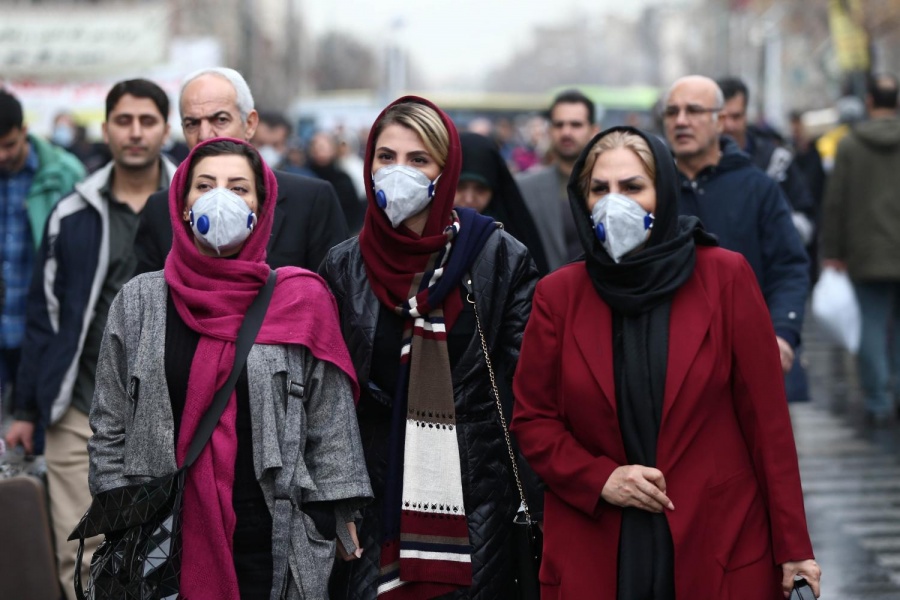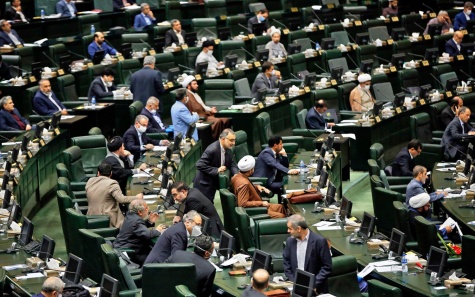
Sabrina Spunt | Newsroom Manager
January 10, 2021
Iran, a country long known for its lack of gender equality and women’s rights, finally approved a bill this past Sunday that would criminalize acts of sexual violence against women. Although a complete draft of the bill has not been made public, a summary posted on the government’s website states that punishable crimes include “any act that causes physical or emotional or reputational harm” to a woman. This includes sexual harassment, coercing women into sexual acts, sending women unsolicited sexual messages or photographs, and demanding sexual relations. Punishments can range from a minimum of six months to two years in prison, and up to 99 lashes, as well as possible monetary fines.
“This is a major advancement in women’s place in Iranian society, where women tend to be considered second-class citizens,” senior Jasmine Geraci said. “The bill could help keep women safe, although it is disappointing how this bill has taken so long to be put into action.”

This bill has been in the works for about a decade now, and if passed will be the first of its kind in their government’s penal code. There have been recent events that have spurred the Iranian government to try and take action, one of them being the uprising of the “#MeToo” movement. Over the course of the past six months, hundreds of women have come forward accusing over 100 high-profile men of sexual assault and rape.
The public has also become increasingly aware of the so-called “honor killings” that still take place among extreme traditionalists in Iran society. These are when women are killed by their own family members if they are thought to have disgraced their family by committing any type of sexual conduct out of wedlock; this even includes if they were sexually harassed or raped. In May 2020, a 14-year old, Romania Ashrafi, was beheaded, allegedly by her own father for attempting to run off with her boyfriend. Public backlash from this event resulted in a law being passed that protects children from violence, and it is often referred to as “Romania’s law.”
“It is pretty surprising that what seems like it should be a basic law can cause so much controversy and unrest,” senior Kaya Moran said. “It will be interesting to see if the bill actually passes and is enacted.”

While a huge step in the right direction as far as gender equality and women’s rights are concerned, the bill ultimately still fell short of international expectations. It fails to address arranged child marriage and marital rape, and still contains a shaky definition of domestic abuse. Another fault that has yet to be addressed is that the punishment for a person convicted of rape is the death penalty. While this may seem like a fair punishment for a capital offense, it discourages women from coming forward, thereby defeating the intended purpose. The main reason for watering down the bill is to make it more likely to pass through Iran’s extremely conservative parliament, which is commonly at odds with the more centrist side of the judiciary system and lawmakers.
There are many more positive changes that lawmakers and women’s rights activists have been working tirelessly to get into the system, such as a special all-female police unit to protect women that are victim to hate crimes (making it easier for women to gain restraining orders) and the UN women having suggested adding a process in which domestic abuse survivors can seek protection without taking legal action, such as divorce or criminal charges.
As of now, it is still unclear to the public as to when the Iranian parliament will cast its official vote on the bill.

Leave a Reply